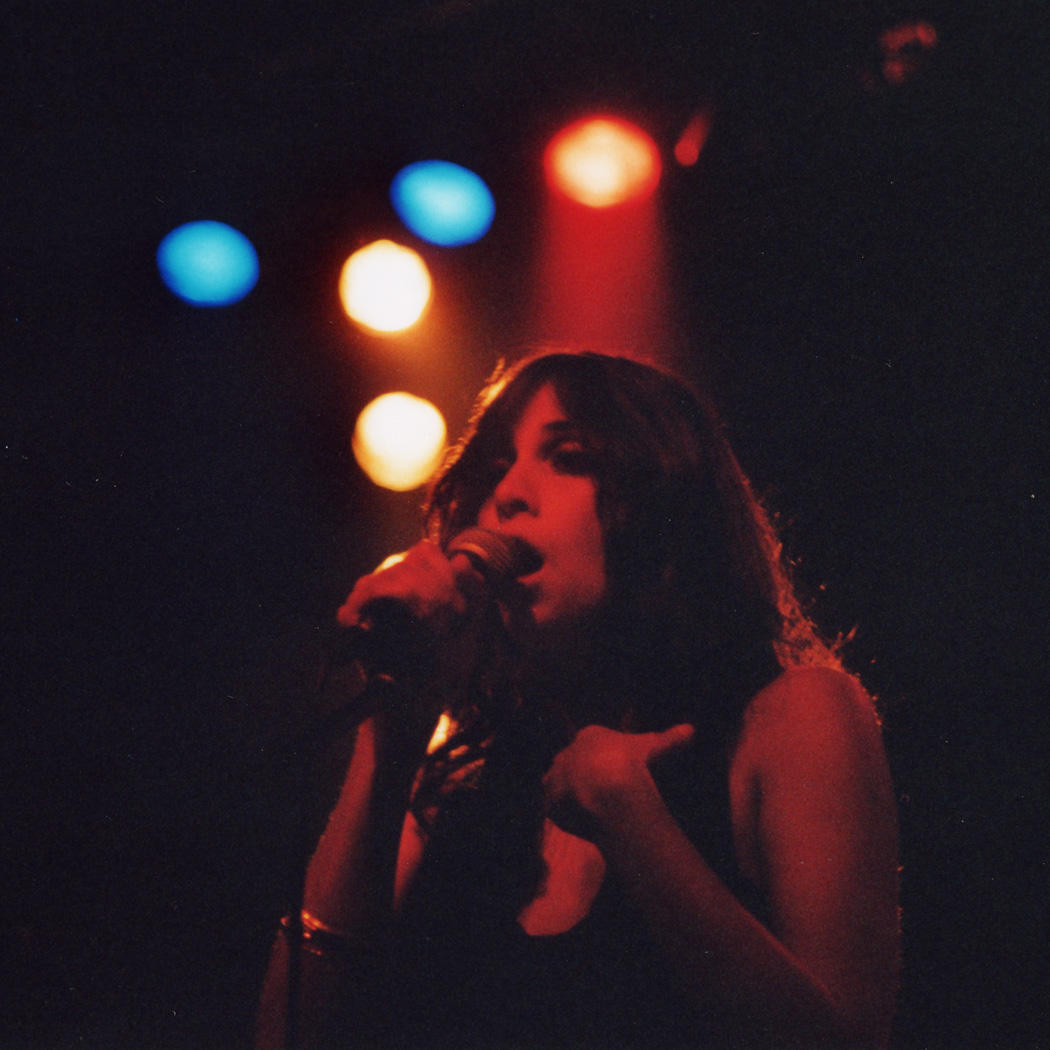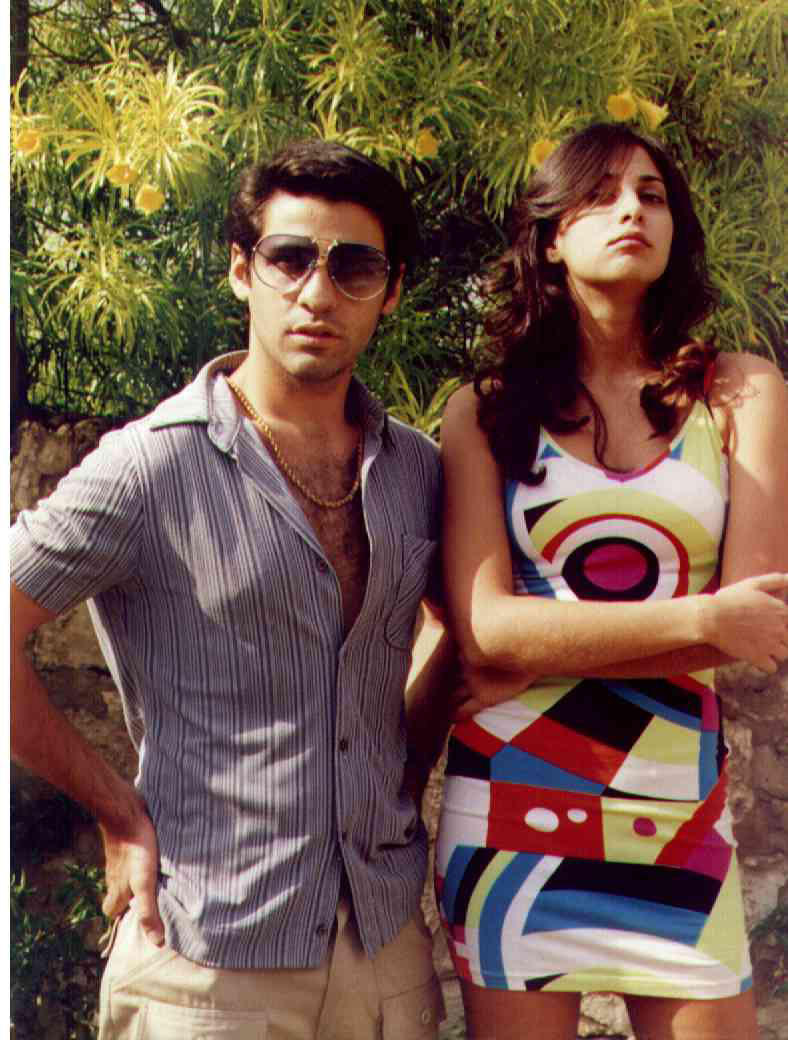
Zeid and Yasmine Hamdan are Soapkills, a young band looking to express the feelings of the post-civil war generation in Lebanon. Their melange of western and traditional Arab music styles is gaining popularity not only in Beirut but in Paris, London, and Berlin as well. The power of their music has been captured by filmmaker Elia Suleiman, who used their version of the old song “Tango” in his film Intervention Divine.
Late one night, Bidoun went to Zeid Hamdan’s practice space, an underground studio in the heart of Beirut’s clubbing scene. “No one can hear you and disturb you when you compose down here,” says Zeid.
Alia Rayyan: Soap Kills is an unusual name for a band. What is the story behind your name?
Zeid Hamdan: Well — honestly there is no story or official version. The name Soap Kills is linked to the day to day situation in our country. How people deal with problems, how people deal with the reconstruction of the city… the “cleaning up” of the city — just a big cleaning up. The whole procedure is just so brutal and inefficient. We are all lost without an identity — and without any knowledge of our history.
When you talk to the common Lebanese man, he will tell you about the disco/pop music charts — that comes from Egypt. That has nothing to do with music — with artists — and is just mainstream. Here, you never meet anyone with a vision concerning his music. They are only dolls that are manipulated by business men.
AR: How would you describe your music?
ZH: Our music is a correct mixture of Arabic and western styles. Yasmine has lived in Greece, Beirut and Dubai, and is very much in touch with the Arabic style of singing — I have lived in France and Lebanon, and grew up with grunge and rock music styles. Our music developed naturally and we didn’t plan it that way. After the old band split, Yasmine and I had to look for other possibilities to create music — and we discovered electronic music as a way to realize our ideas and feelings. If our band didn’t split, we would be the same old rock band as before. This type of trance music just occurred, and in a way, came out of our souls. And the so called “trip-hop” style is very important here in Beirut. After all this time of civil war and negativity, it is important to have something to trip out to… cause it gives you the chance to escape the reality — the every day situation.
AR: If you have to point out three main problems in Lebanon, what would they be?
ZH: Well, first — lack of democracy. Then surely, that we do not have a secular state. Religion still affects our lives, like the fact that you are Muslim and I am Christian would make it impossible for us to marry in this land! There still exists a huge gap between the sects — it’s an obstacle to peace and understanding.
The third problem is that we suffer from capitalism — under the waves of the Gulf States’ influences. They do not have a notion about human respect, and their money establishes fool rules among the people here. Really, we have achieved a situation where people are blinded by the sight of money. They would sell their mothers to earn more, you know?
AR: What does it mean to you to belong to the Middle East?
ZH: As a Lebanese and an Arab, you get to be very ambivalent. My mom spoke to me just in French — as her mother used to do with her, because they belong to the nobility. In my childhood, I lived in France for many years yet never really felt at home there. Back in Lebanon I recognized that I somehow belong to this region and that I do feel like an Arab. I do know how the structure functions here, and I realize the deep gap between my mother and our surroundings in Beirut.
But still it is not easy. I want to belong somewhere — and until today I never feel comfortable… not in Lebanon, not in France. So I travel every three months from one place to the other. I am really so confused about that, and I don’t know where I want to grow old. I feel very much alone — I need a home, need a place to stay.
